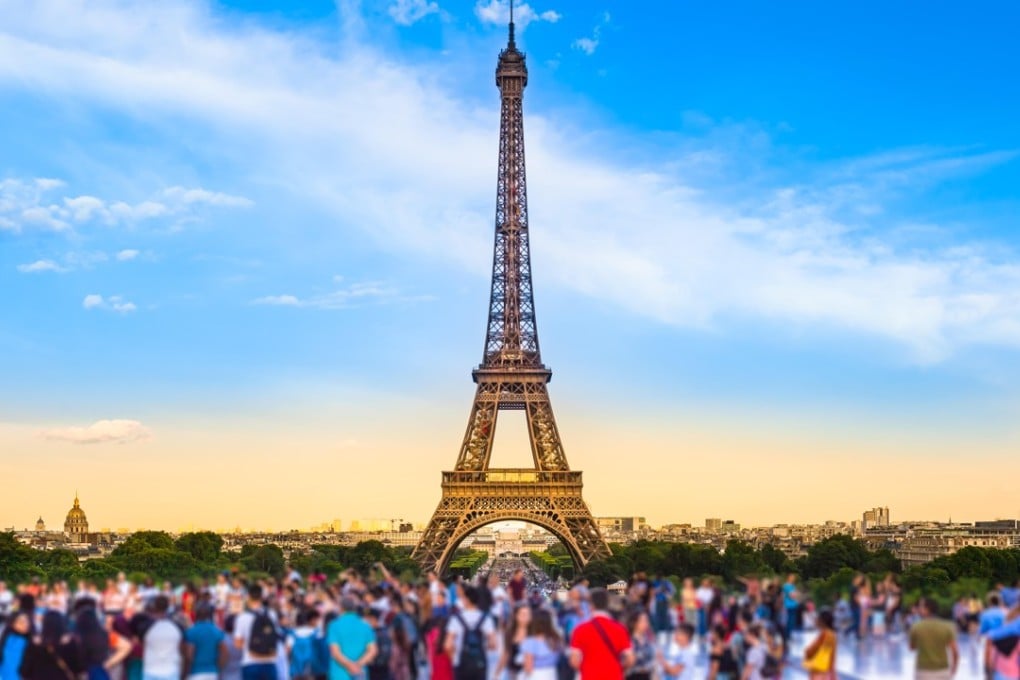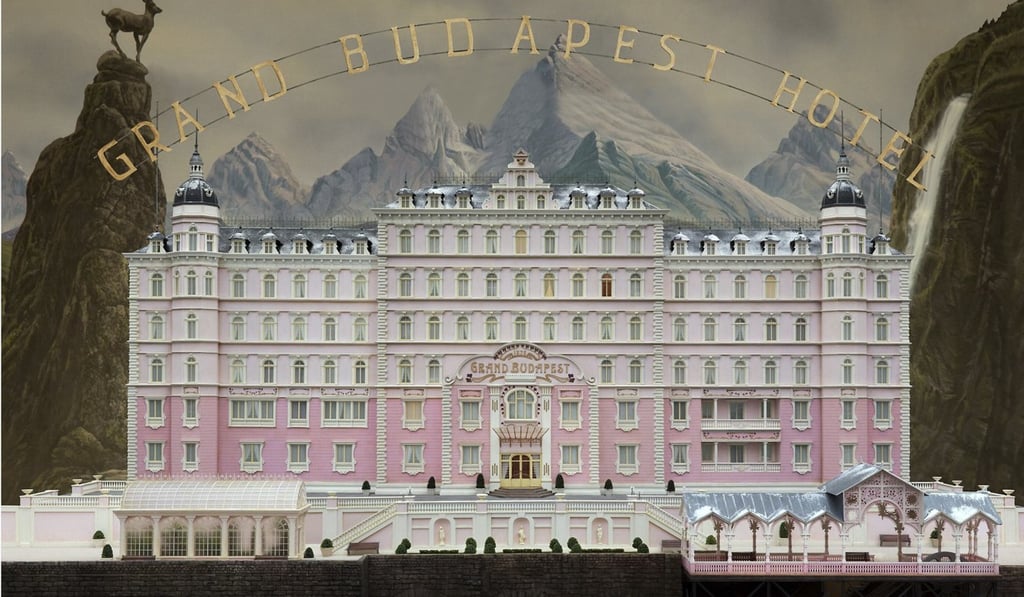TripAdvisor changed travel but has it grown too big for its own good?
The world’s top travel site turned the industry upside down – but now is struggling with the same problems vexing Facebook, Google and Twitter

Should one be so unlucky as to find oneself, as I did, lying awake in bed in the early hours of the morning in a hostel in La Paz, Bolivia, listening anxiously to the sound of someone trying to force their way into one’s room, one could do worse than to throw a chair under the doorknob as a first line of defence. But this is not what I did. Instead, I held my breath and waited until the intruder, ever so mercifully, abandoned his project and sauntered down the hall.
The next morning, when I raised the incident with the hostel employee at the front desk, he said the attempted intrusion had just been an innocent mistake, a misdirected early-morning wake-up call gone wrong, and what was the big deal, anyway? Fuming, I turned to the highest authority in the world of international travel, the only entity to which every hotel, restaurant, museum and attraction in the world is beholden: I left the hostel a bad review on TripAdvisor.
TripAdvisor is where we go to praise, criticise and purchase our way through the inhabited world. It is, at its core, a guestbook, a place where people record the highs and lows of their holiday experiences for the benefit of hotel proprietors and future guests. But this guestbook lives on the internet, where its contributors continue swapping advice, memories and complaints about their journeys long after their holidays have come to an end.
Every month, 456 million people – about one in every 16 humans – visit some tentacle of TripAdvisor.com to plan or assess a trip. For virtually every place, there exists a corresponding page. The Osho International Meditation Resort in Pune, India, has 140 reviews and a four out of five rating, while Wes Anderson’s fictional Grand Budapest Hotel currently has 358 reviews and a rating of 4.5. (At the top of the page, there is a message from TripAdvisor: “This is a fictional place, as seen in the movie The Grand Budapest Hotel . Please do not try to book a visit here.”)

Over its two decades, TripAdvisor has turned an initial investment of US$3 million into a US$7 billion business by figuring out how to provide a service that no other tech company has quite mastered: constantly updated information about every imaginable element of travel, courtesy of an ever-growing army of contributors who provide their services for free. Browsing through TripAdvisor’s 660 million reviews is a study in extremes. As a kind of mirror of the world and all its wonders, the site can transport you to the most spectacular landmarks, the finest restaurants, the most “adrenaline-pumping” water parks, the greatest “hop-on, hop-off experiences” that mankind has ever devised. Yet TripAdvisor reviews are also a ruthless audit of the Earth’s many flaws. For every effusive review of the Eiffel Tower (“Worth the hype at night”; “Perfect backdrop”), there is another that suggests it is a blight on the face of the earth (“Sad, ugly, don’t bother”; “Similar to the lobby of a big Vegas casino, but outside”).
TripAdvisor is to travel as Google is to search, as Amazon is to books, as Uber is to cabs – so dominant that it is almost a monopoly. Bad reviews can be devastating for business, so proprietors tend to think of them in rather violent terms. “It is the marketing/PR equivalent of a drive-by shooting,” Edward Terry, the owner of a Lebanese restaurant in Weybridge, Britain, wrote in 2015. Marketers call a cascade of online one-star ratings a “review bomb”.